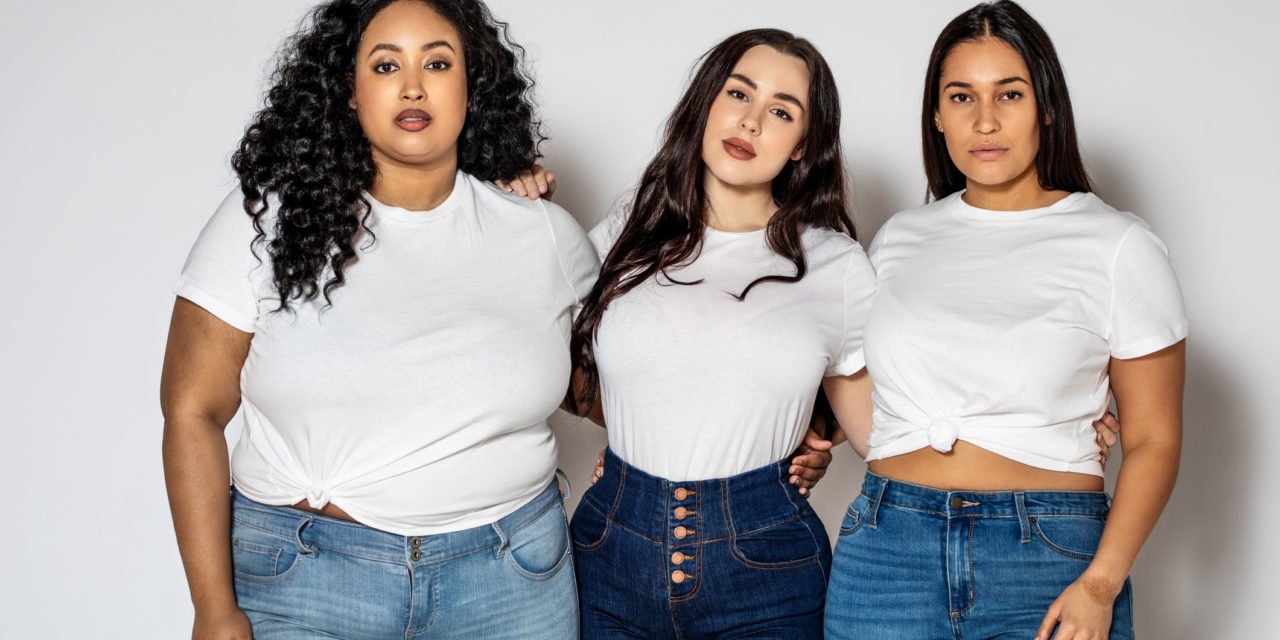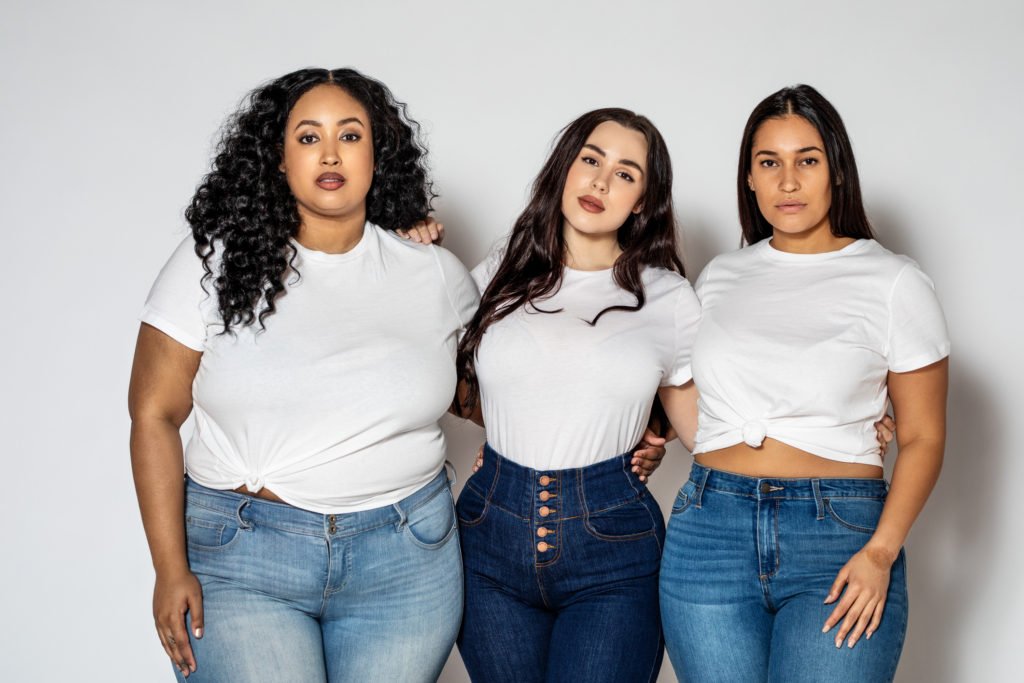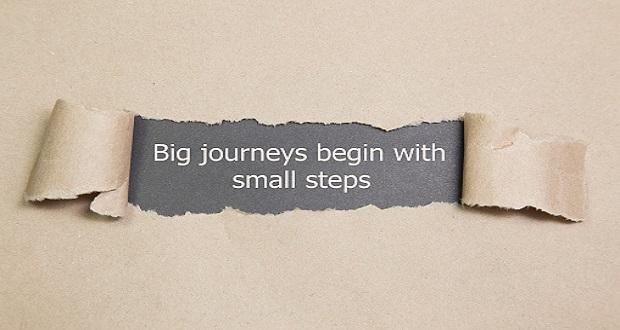One of the most common phrases I’ve encountered throughout my career has been, “You don’t look Latina.”
But I do, because I am. And the conflict is not between my physical appearance and my identity, but rather with reductive stereotypes and my colleagues’ participation in perpetuating them.
I’m from Mexico, born and raised in Mexico City, but somehow, to them, I simply can’t be. I’m too pale, with hair and eyes that are too light, and my name is not a “tongue twister.” On some occasions, I was even asked to prove myself by either salsa dancing or speaking in Spanish.
Through countless long conversations stemming from asking them what I “should” look like, I’ve come to realize that Latinas are often placed in one of two categories. I should either be of short stature with dark brown eyes, hair and skin, or have a voluptuous figure tucked into high heels and tight clothes. Those expectations of appearance are accompanied by an assumption about personality, either too timid and submissive or too bossy and outspoken.
For years I smiled and nodded in such awkward interactions at my workplace. Sometimes I ended up feeling like I truly wasn’t “Mexican enough,” as though we have to fit into a specific box to have our identities validated, or we must be ashamed of how we physically represent who we are.
Then one day I questioned why I hadn’t at least tried to educate about the fact that there is no “standard” Latina look, and that trying to fit anyone into an arbitrary, racist box is highly offensive. While I’m not obligated solely by my race and ethnicity to educate others about microaggressions, the truth is that we’re all limited by our life experiences. Maybe if I spoke up, I could help dismantle the reductive stereotypes held about my community.
While I’m not obligated solely by my race and ethnicity to educate others about microaggressions, the truth is that we’re all limited by our life experiences. Share on XAt the end of the day people have two options when given new information: they can either allow it to expand their worldview and welcome a deeper understanding about others, or reject it because they’d rather hold on to their individual perspective than accept something that does not fit their mental models.
I’ve encountered both — individuals too comfortable to legitimize the existence of people outside of their preconceived notions, and individuals with open minds willing to gain a truer understanding of the world around them who take a different approach with new information.
While the former might be discouraging, engaging in deeper conversations about stereotypes and microaggressions might be a good starting point in moving towards a more inclusive world.
No one has the right to determine whether someone is “enough” to qualify for an identity, and I sure hope for a day when our belonging to our identity groups is not decided by the depth of our skin tone.
No one has the right to determine whether someone is 'enough' to qualify for an identity. Share on X



















